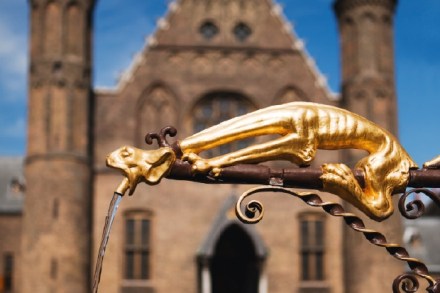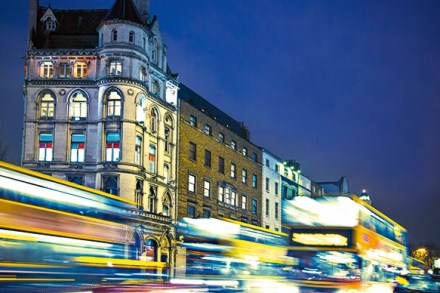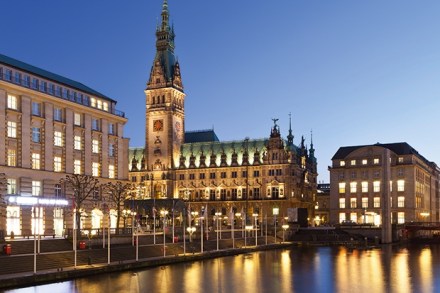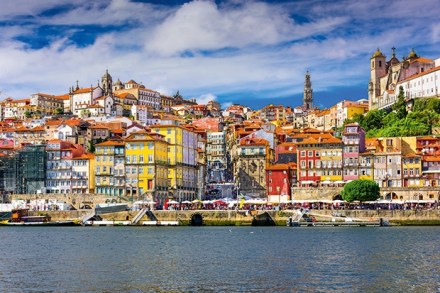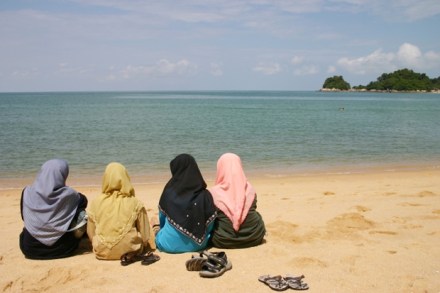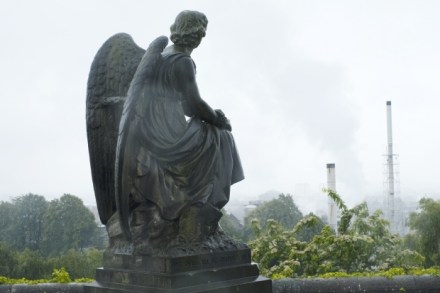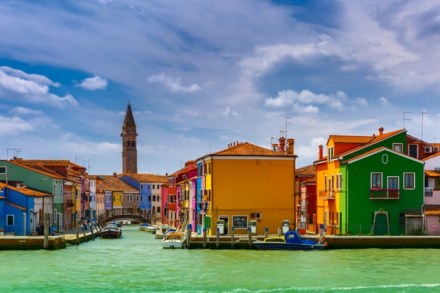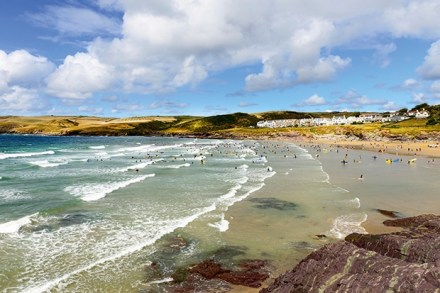Cable cars, cheese and chic on the quieter side of the Alps
‘It sounds like you’re having an Ann Summers party up there,’ a male traveller called, as our group erupted into girlish hysterics on the viewing terrace of Punta Helbronner, a mountain in the Mont Blanc massif. Unfortunately for him there was no lingerie in sight; instead our shrieks had been brought on by the threat of a lightning storm hitting us at 3,462 metres up. As my hair stood on end and my phone crackled, a guide ushered us back to the cable car, part of the new Mont Blanc skyway which offers the idler Alpine adventurer an easy way to get close to Europe’s largest peak. Still, there’s something





